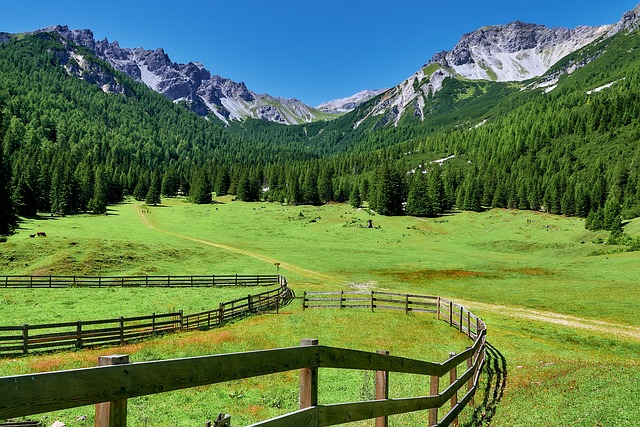In rural areas, preserving agricultural heritage strengthens communities through strategic real estate development. Integrating organic gardens, historic farms, and sustainable living attracts visitors and residents, fostering a deep connection to the land. Real estate professionals can drive this transformation by organizing engaging events like farm tours and workshops, merging traditional farming with modern amenities for vibrant, self-sustaining communities. This approach brings multiple benefits, including economic support, diverse employment, reduced carbon footprints, and preservation of agricultural heritage, ultimately contributing to community growth and resilience.
In the heart of every thriving community lies a rich agricultural heritage, waiting to be woven into a vibrant tapestry. This article explores strategies to nurture and grow communities with deep roots in agriculture. From real estate as an enabler of sustainable living to cultivating connections that foster engagement, discover how these elements intertwine to create lasting bonds and prosperous, resilient communities. Uncover the power of place and its potential to transform lives and landscapes.
Weaving a Sense of Community Around Agricultural Heritage

In many rural areas, agricultural heritage serves as a strong foundation for community building. Weaving this rich tapestry together involves celebrating and preserving local traditions while embracing new ideas that enhance the region’s appeal. By integrating historic farms, lush landscapes, and time-honored practices into the fabric of modern life, communities can attract visitors and prospective residents alike. Real estate developers play a pivotal role in this transformation by creating residential spaces that blend seamlessly with the surrounding agricultural landscape.
This harmonious integration can be achieved through thoughtful land planning, incorporating organic gardens, and promoting sustainable living practices. Such initiatives not only foster a deeper connection to the land but also create a unique sense of belonging. As a result, communities grow stronger, with residents taking pride in their shared history and looking forward to a vibrant future that respects and preserves their agricultural roots.
The Role of Real Estate in Building Sustainable Communities

In the quest to build sustainable communities with agricultural roots, real estate plays a pivotal role by providing the physical foundation for growth and development. Strategic land use and thoughtful property management are essential to fostering vibrant, self-sustaining communities that blend traditional farming practices with modern living. Real estate developers and investors can contribute significantly by identifying suitable locations for mixed-use projects that integrate residential areas, agricultural spaces, and commercial hubs.
This multifaceted approach ensures that residents have easy access to locally grown produce, supports rural economies, and encourages a closer connection between people and the land. By leveraging real estate as a tool, communities can create diverse employment opportunities, reduce carbon footprints through localized food systems, and preserve agricultural heritage while accommodating modern infrastructure and amenities. Such initiatives not only strengthen local identities but also promote resilience and sustainability in the face of global challenges.
Cultivating Connection: Strategies for Engaging and Growing Your Community

Cultivating connection is a key strategy in growing any community, especially one with agricultural roots. In today’s digital era, it’s essential to leverage both online and offline platforms to engage residents and foster a sense of belonging. Real Estate professionals can play a pivotal role by organizing events like farm tours, community gardens, or workshops on sustainable living. These activities not only attract new members but also strengthen the bond between long-time residents and the land they call home.
By integrating agricultural practices into community events, you create a unique identity that resonates with folks who appreciate the value of the land. This can be further enhanced through partnerships with local farmers or food producers who can share their expertise and knowledge. Such collaborations not only educate but also inspire community members to adopt more sustainable lifestyles, ultimately contributing to the growth and resilience of your agricultural-rooted community.






